DeepSeek AI remains a talking point as concerns surrounding the chatbot's privacy and security continue to spread amongst the tech world.
Despite its meteoric rise in popularity, experts warn that DeepSeek's privacy credentials range from leaving a lot to be desired to outright dangerous – even the best VPNs will struggle to protect you.
The China-based AI tool exploded onto the scene in January, sending the US stock market into disarray and threatening to upset the AI status quo. But this was all short-lived, as on 27 January 2025, DeepSeek suffered a large-scale cyberattack and, soon after, its privacy failings were uncovered.
Tom's Guide answered the question "Is DeepSeek safe to use" with a resounding no, but we're not the only ones. A number of countries and organizations have moved to block, ban, and investigate DeepSeek, and here we'll detail some of the most significant.
Countries
Italy
Italy was the first country to ban DeepSeek, following an investigation by the Italian Data Protection Authority (IDPA). Action was taken to "protect the data of Italian users," despite DeepSeek claiming the company did not fall under the jurisdiction of EU law.
The authorities investigated DeepSeek's personal data collection and compliance with GDPR legislation. What data was collected, its purpose, its storage, and its use in AI model training were all examined.
In a press release on 30 January, the IDPA said DeepSeek's claims were "contrary to what was found by the Authority" and the app would be banned "with immediate effect."
The app is currently unavailable on Italian app stores, and we strongly advise against using a VPN to bypass restrictions and download the app.
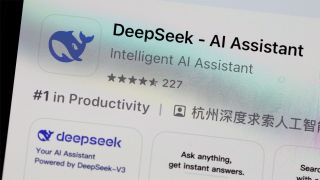
Ireland
Ireland was another early mover when it comes to DeepSeek concerns. On 29 January, the Irish Data Protection Commission requested information from DeepSeek about data processing in relation to Irish users.
In a statement, the regulator said "The Data Protection Commission (DPC) has written to DeepSeek requesting information on the data processing conducted in relation to data subjects in Ireland."
At the time of writing, DeepSeek has not responded publicly to either the Irish or Italian investigations. However, Politico reported that DeepSeek had told Italian authorities it wouldn't cooperate with a request for information made by the agency.
Other EU members
A handful of other EU members have either opened investigations into DeepSeek, or are considering one.
Euractiv reported that Belgium's Data Protection Authority (DPA) opened a formal investigation into DeepSeek on 30 January – this follows a complaint by consumer protection group TechAchat.
France's data regulator, CNIL, will be analysing DeepSeek's tools ahead of a request for further information. Authorities in Luxembourg and Cyprus are also exploring possible action.
As reported by NOS, the Dutch DPA has voiced concerns over DeepSeek's privacy practices, and Croatian authorities have also written to the company requesting information.
According to data from Euractiv, Germany is reviewing complaints against DeepSeek, whilst Portugal and Greece have filed complaints. At this stage, the remaining EU members have no restrictions against DeepSeek in place.

UK
At the time of writing, the UK government has not indicated it would ban DeepSeek, but the app is being probed due to security concerns.
Speaking to Politico, Business Secretary, Peter Kyle said: “We scrutinize every innovation of the size and scale and impact of DeepSeek and we will make sure that it goes through the right system" and added that Britain will "make sure that safety is there from the onset."
In an interview with Bloomberg, AI Minister Feryal Clark said downloading DeepSeek was "a personal choice for people." She advised that people downloading the app should be "alert to the potential risks" and "know how their data will be used."
The Scottish government is following the steps of the UK government and has said its staff are permitted to use DeepSeek, with "no restrictions" relating to the app.
Taiwan
On 3 February, as reported by Reuters, Taiwan banned government departments from using DeepSeek. Previously the government had said it should not be used, but has now strengthened its language, calling it a security risk and banning the app.
In his statement, Taiwanese Premier Cho Jung-tai said the ban was "to ensure the country's information security", as well as expressing concerns about censorship and data ending up in the hands of China.
The Chinese government exercises tight control over the country's internet and has some of the world's strictest VPN laws. DeepSeek is not free from this control, and there have been reports of censorship relating to information about Taiwan and Tiananmen Square.
DeepSeek’s newest AI model is impressive—until it starts acting like the CCP’s PR officer. Watch as it censors itself on any mention of sensitive topics. 🧵👇 1/9 https://t.co/nN6EwHsnoeJanuary 20, 2025
South Korea
Another one of China's close neighbors, South Korea, also expressed concern over DeepSeek. On 31 January, the country's Personal Information Protection Commission said it would be sending a written request to DeepSeek's operators for information relating to how the personal information of its users is managed.
Organizations
A number of organizations, particularly in the US, have already banned, restricted, or expressed concern over the use of DeepSeek.
NASA
CNBC reported that NASA's Chief Artificial Intelligence Officer sent a memo to all personnel banning the use of DeepSeek and blocking access to the app from its systems.
It was reported that the measure was due to DeepSeek's servers operating outside of the US, "raising national security and privacy concerns."
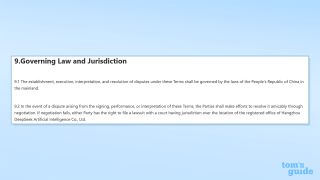
DeepSeek's privacy policy states that its servers are located in China and its terms of service detail how it "shall be governed by the laws of the People's Republic of China in the mainland."
Back in January, President Donald Trump said DeepSeek's rise was a "wake up call" for America's AI industry, but hasn't yet addressed national security concerns.
Trump isn't one to shy away from these threats, having originally cited national security concerns as his reasons for championing the TikTok ban – something he later U-turned on.
But despite Trump's current silence on the issue, other US organizations, alongside NASA, are combating DeepSeek.
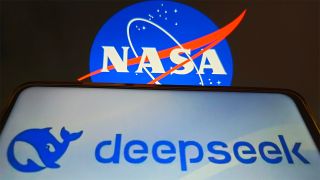
US Navy
Again reported by CNBC, the US Navy has instructed its members to avoid using DeepSeek's AI tool.
In an email to "shipmates," the Navy voiced warnings about DeepSeek and said it was not to be used "in any capacity" due to "potential security and ethical concerns." The US Navy confirmed to CNBC the email's authenticity and said it related to the Department of the Navy's Chief Information Officer's generative AI policy.
US Congress & States
It appears as though the US Congress has issued warnings to members surrounding DeepSeek. Information obtained by Axios said the app is "currently unauthorized for official House use."
It warned that DeepSeek was already being maliciously exploited and the app's functionality was being restricted on all House-issued devices "to mitigate these risks." Staffers are prohibited from installing DeepSeek on any official phones, computers, and tablets.
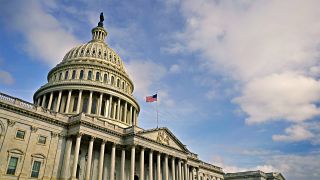
It isn't just Congress that is banning DeepSeek on government devices – states are doing it too. On 31 January, Texas became the first state to restrict the app as Governor Greg Abbott issued a ban, as reported by AP.
In a statement, Abbot said: “Texas will not allow the Chinese Communist Party to infiltrate our state’s critical infrastructure through data-harvesting AI and social media apps.”
Future plc
There have also been concerns a little closer to home. Tom's Guide's parent company – Future plc – issued a warning about DeepSeek and advised against installing it on mobile devices.
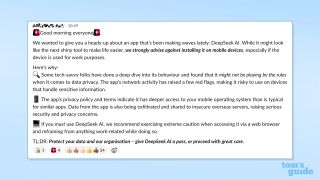
Why is there so much concern over DeepSeek?
The reason for all this concern stems from investigations into DeepSeek's data privacy practices. Analysis of its privacy policy detailed excessive amounts of personal data collection, a large number of which is also shared with third-parties and advertisers.
Personal information collected includes name, email address, date of birth, and telephone numbers. The technical information collected includes IP address, device model, payment information, cookies, and all inputs and outputs given.
User and device IDs are given, enabling you to be tracked across multiple devices and even keystrokes are logged. DeepSeek doesn't give a time frame for how long this information is stored, saying it's kept for "as long as necessary."
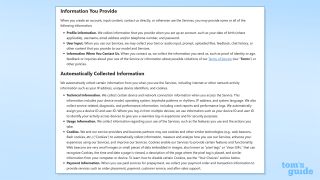
Its policy states users "may have certain rights with respect to your personal information" but this varies by location. You "may" also have the right to delete your data but there is no detail on how much data this is referring to.
There is a great deal of concern surrounding DeepSeek and VPNs won't be much help. The best form of protection is simply not downloading the app. The volume of action taken, and the variety of groups taking it, shows the spread and levels of concern afforded to DeepSeek. If you value your data privacy and security, do not download DeepSeek AI.
Disclaimer
We test and review VPN services in the context of legal recreational uses. For example: 1. Accessing a service from another country (subject to the terms and conditions of that service). 2. Protecting your online security and strengthening your online privacy when abroad. We do not support or condone the illegal or malicious use of VPN services. Consuming pirated content that is paid-for is neither endorsed nor approved by Future Publishing.
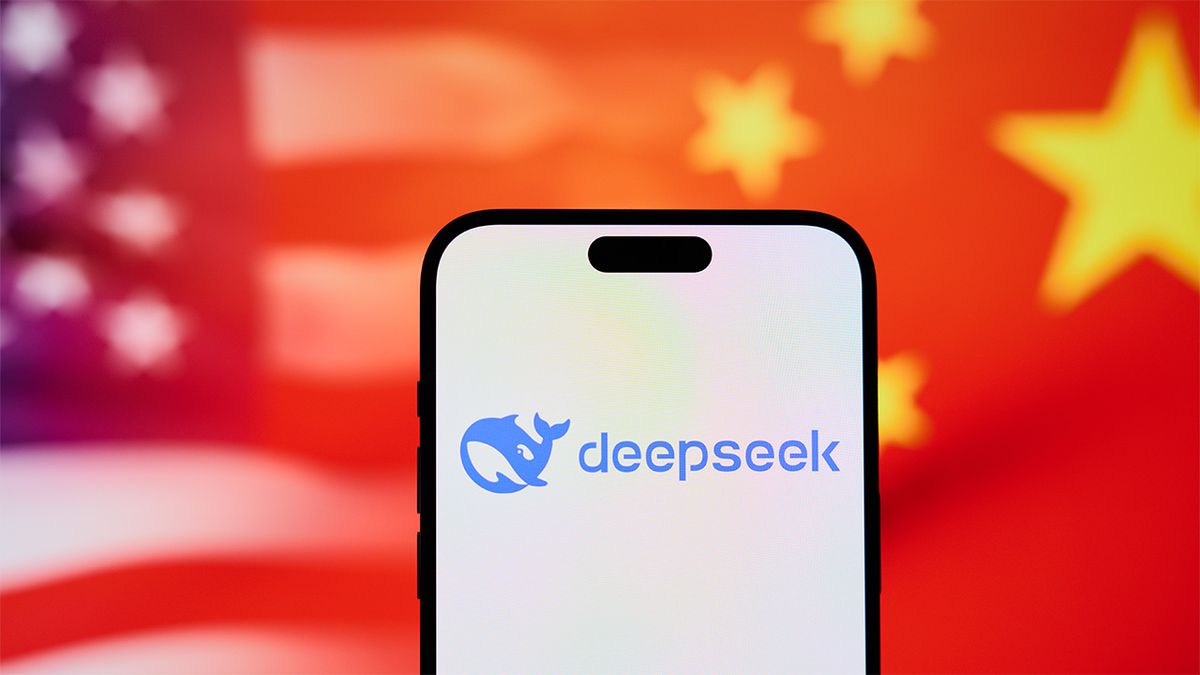







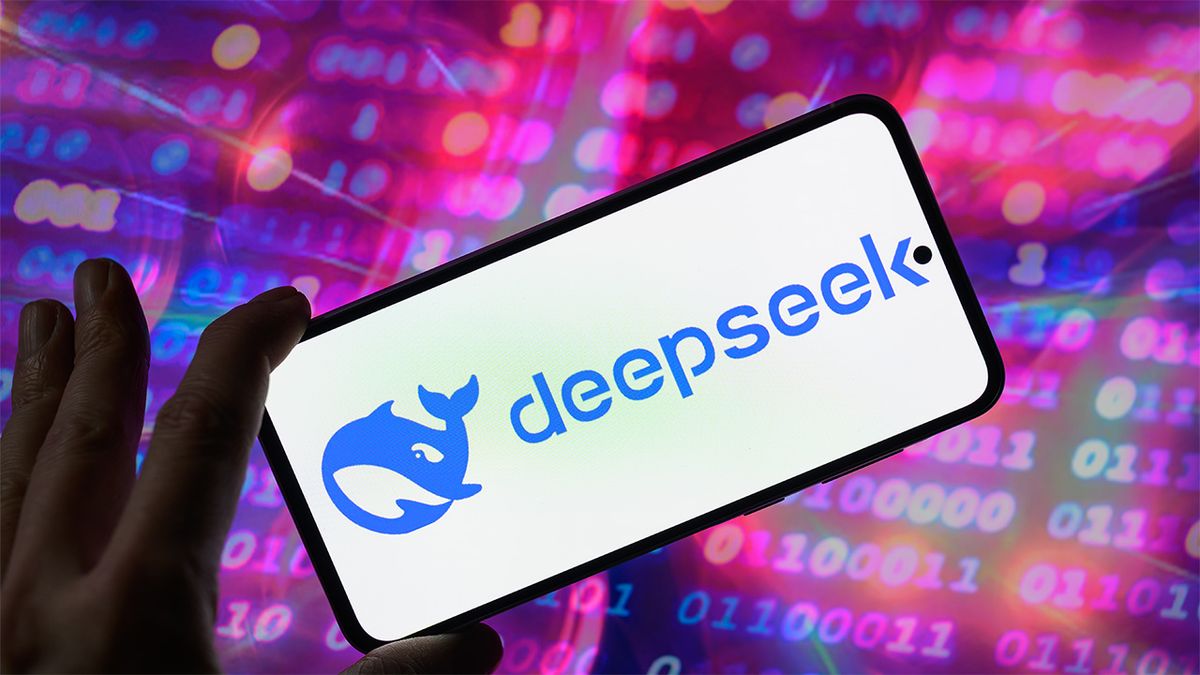












 English (US) ·
English (US) ·